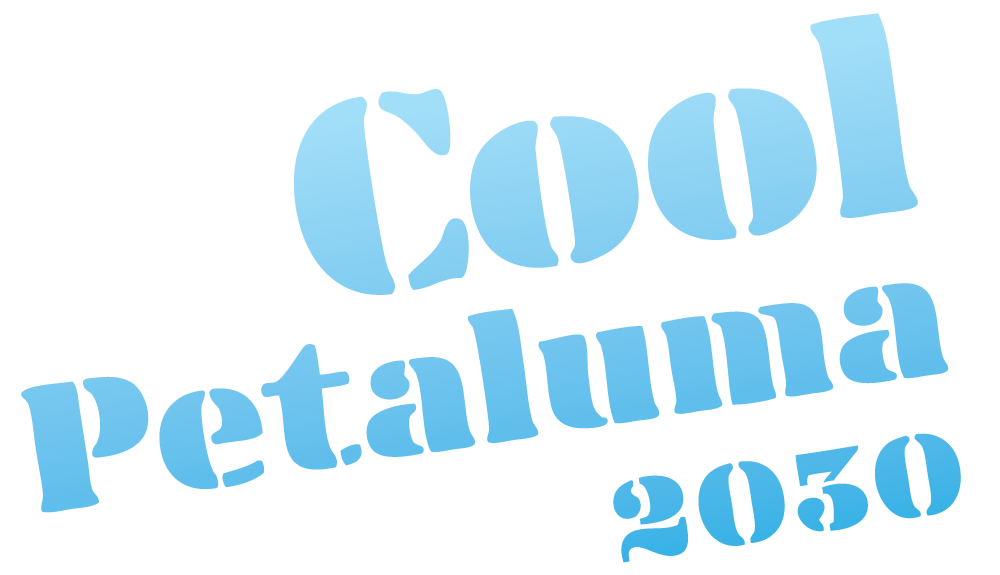Climate Column: Making the improbable possible
NATASHA JULIANA
ARGUS-COURIER COLUMNIST
24 January 2025
It’s easy to get sucked into the vortex of dystopian futures. I often end up doomscrolling crazy unnatural disasters, of which there is an endless supply these days.
In the wake of the Sonoma Complex fires of 2017, I attended former Vice President Al Gore’s Climate Reality Leadership training. Unfortunately, the dire predictions made by his world-class panels of scientists are coming true, and even outpacing many predictions.
At the rate we are going, it is easy to imagine my retirement years being spent retreating from rising seas, running from firestorms, bracing for hurricane-strength winds, digging out of unexpected blizzards (yes, this is also a global warming side effect as the weather systems become more unstable), and worrying about food supplies as all of the above disrupt growing seasons and destroy crops. All of this has replaced my golden years fantasy of vacationing on tropical beaches and touring the Italian countryside.
But that is all assuming we continue to make the same mistakes. It may not be probable that we turn this ship around in time, but it is possible. And humans have a long history of making the improbable possible.
A photograph of New York City’s 5th Avenue taken in 1900 features one lone automobile in a sea of horses and buggies. Thirteen years later, that same street is completely overtaken by cars.
My high school dictionary from 1989 does not have the word “internet” in it and now it is hard to imagine a world without it. And in 1996, panic started to set in over the turn of the century computer oversight, otherwise known as Y2K. Over the next four years, the world spent about $500 billion fixing the bug. We were able to come up with massive resources to improve infrastructure and prevent potential disaster, before it could happen.
These examples demonstrate the power of human ingenuity. Their success may have created another set of problems, but we can take this ability to make bold moves and repurpose it for the higher good. Instead of limiting our imaginations to what is “realistic,” what if we allow ourselves to dream big and envision a world in which we do what is right?
“What If We Get It Right?” is the title of a new book by Ayana Elizabeth Johnson that dares to consider the question, “What if we act as if we love the future?”
Through a series of inspiring interviews, Johnson paints a sobering picture of where we are now while challenging each guest to use their expert knowledge to take us in the right direction. What unfolds is a story of hope and opportunity, which is even more enlivening in audiobook form where you can hear the powerful voices of these thoughtful people.
It is exciting to contemplate a replenished and re-greened Earth teaming with life, which is exactly what can happen when we help nature heal. It is empowering to realize our own ability to build better solutions by being more thoughtful with our designs. And it is important to share these positive pictures so we can inspire each other to collectively shift culture in ways that support these efforts.
“This book has an uplifting message,” explained the city of Petaluma’s Climate Action Manager Deb Fox. “It starts off with one of the best explanations of what climate change is and then it goes into really inspiring discussions of ways to make a real difference, including many things we can do right here in our own community.”
To kickstart a local discussion of what this might look like, Cool Petaluma is hosting a series of four events to discuss “What If We Get It Right?“ This will launch our new book club starting on Feb. 4. (Go to coolpetaluma.org/events for details.)
Join us in conversation around inspiring and thought-provoking climate-related books. Understanding the world around us and how we can build a safer, healthier, more regenerative future is of utmost importance. Exploring these ideas and opportunities together creates the mutual support and team spirit we need.
And it’s more fun.
“It’s amazing what you can make probable if you just keep your eye on the possible,” says entrepreneur and Petaluma’s Climate Action Commission chair Amy Atchley.
We created the world we inhabit today. We can create the world we want to inhabit tomorrow.

